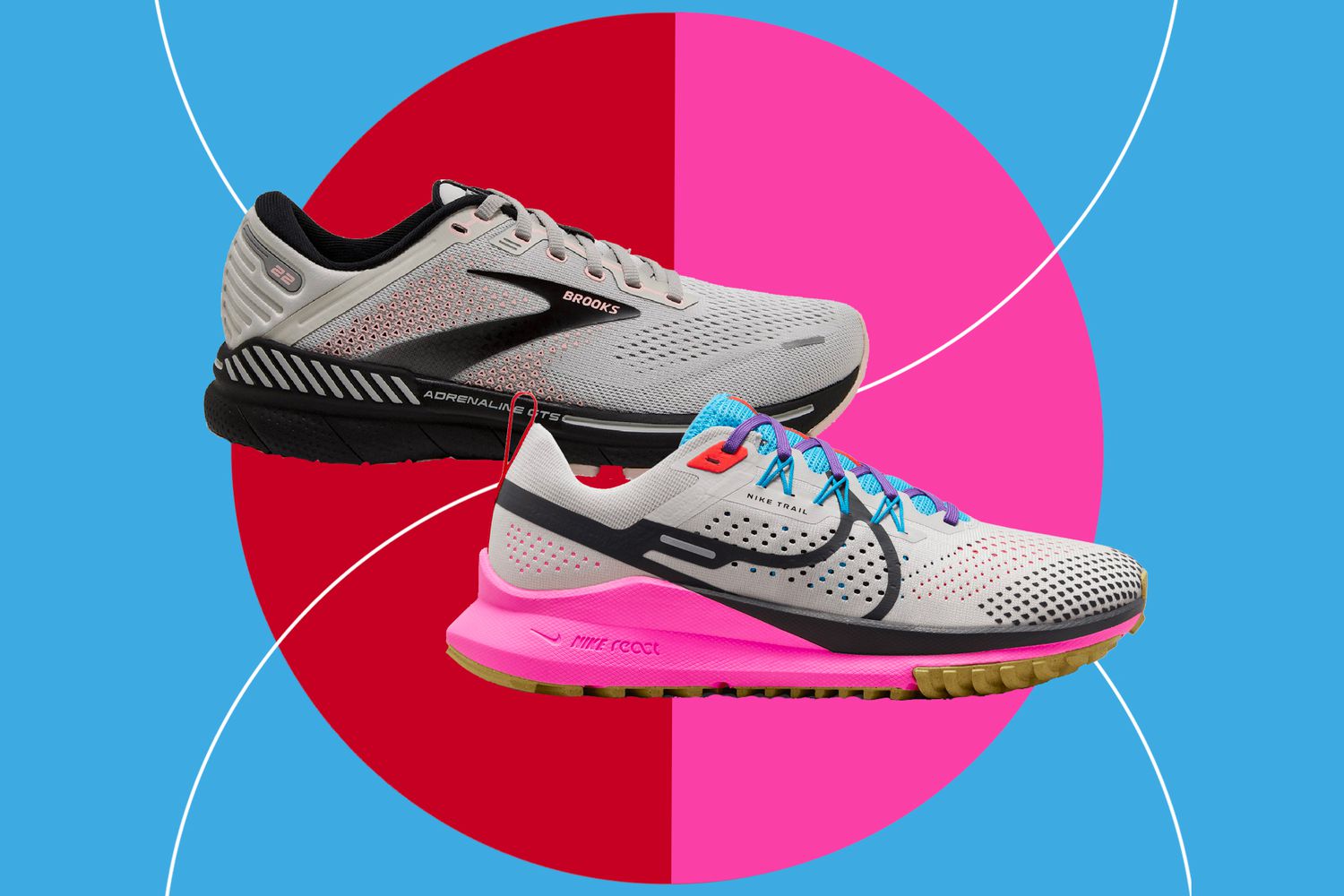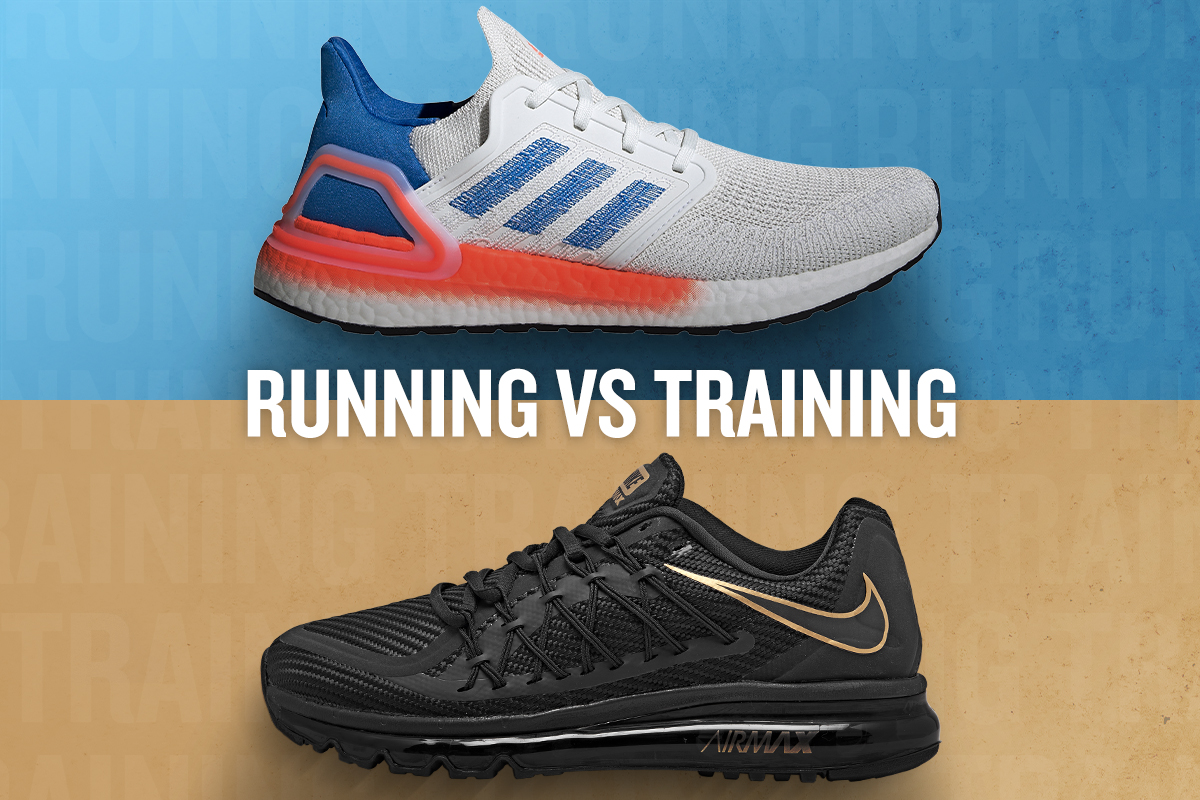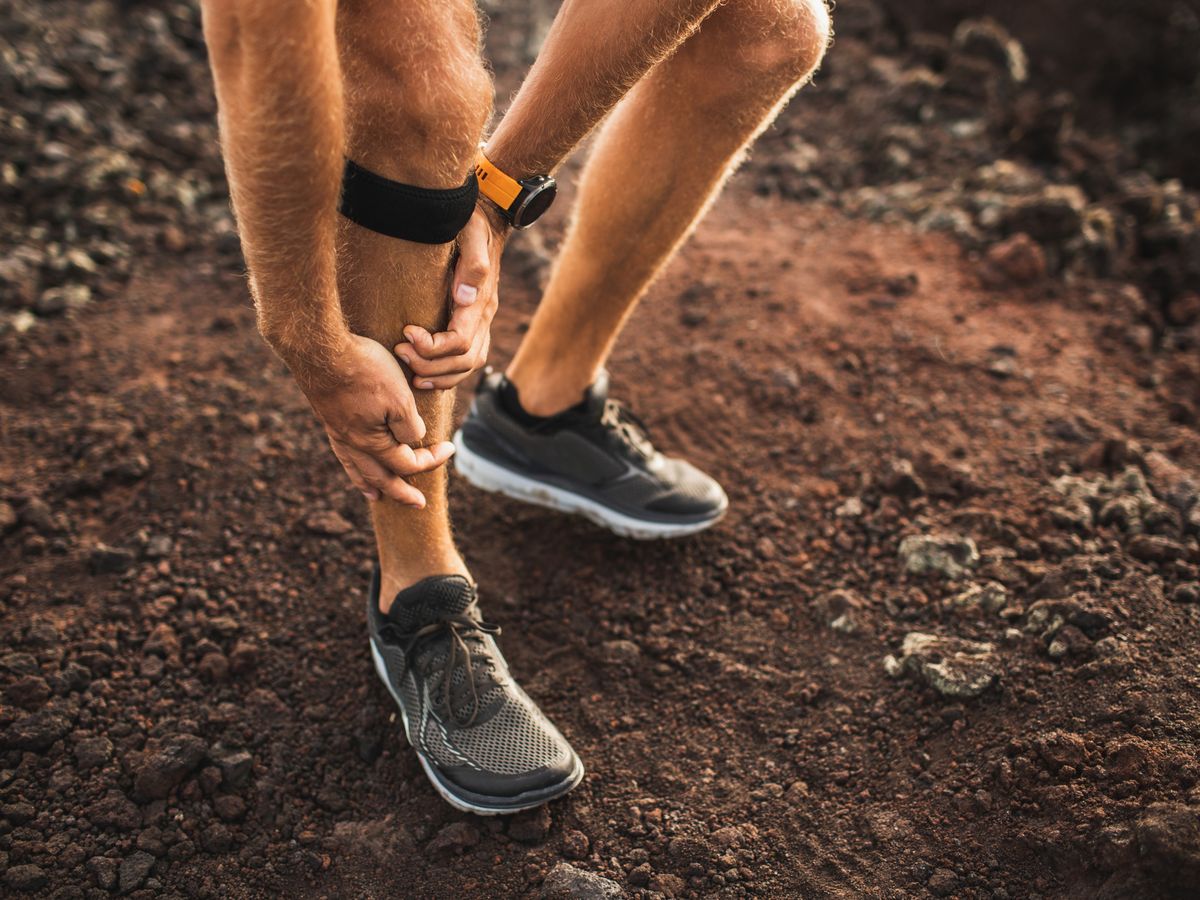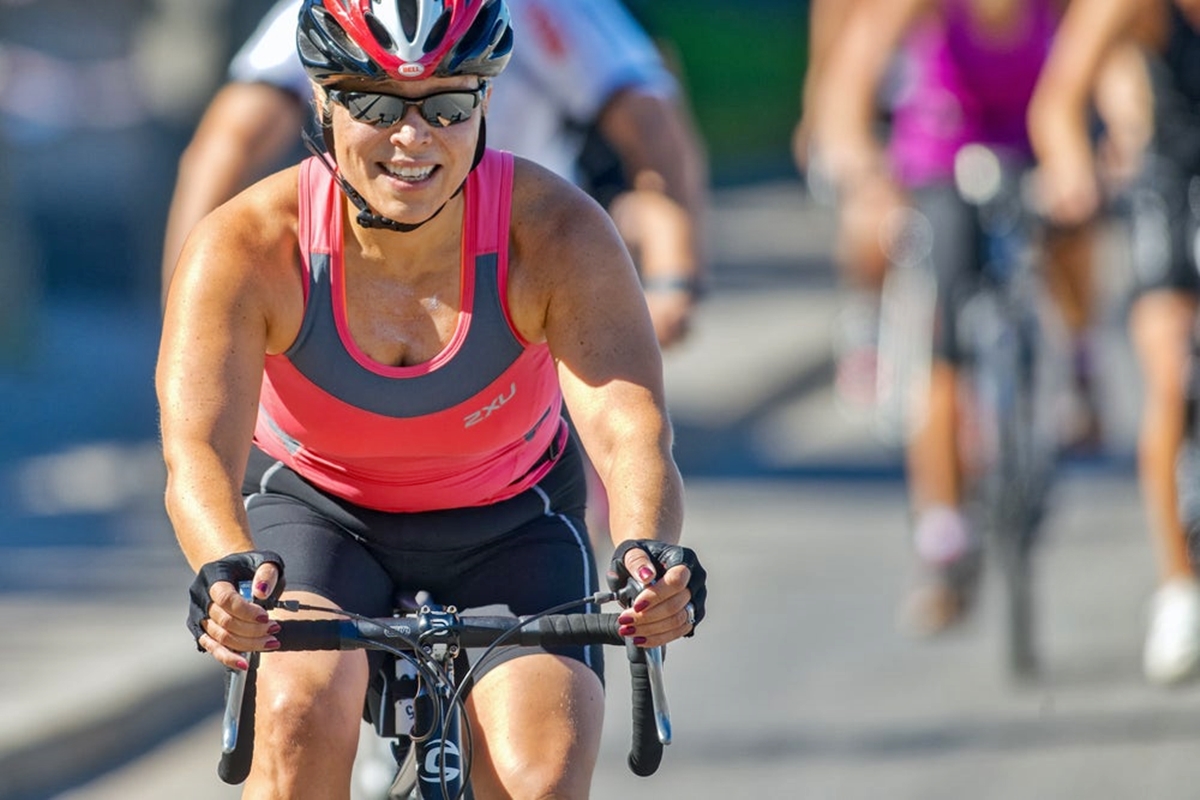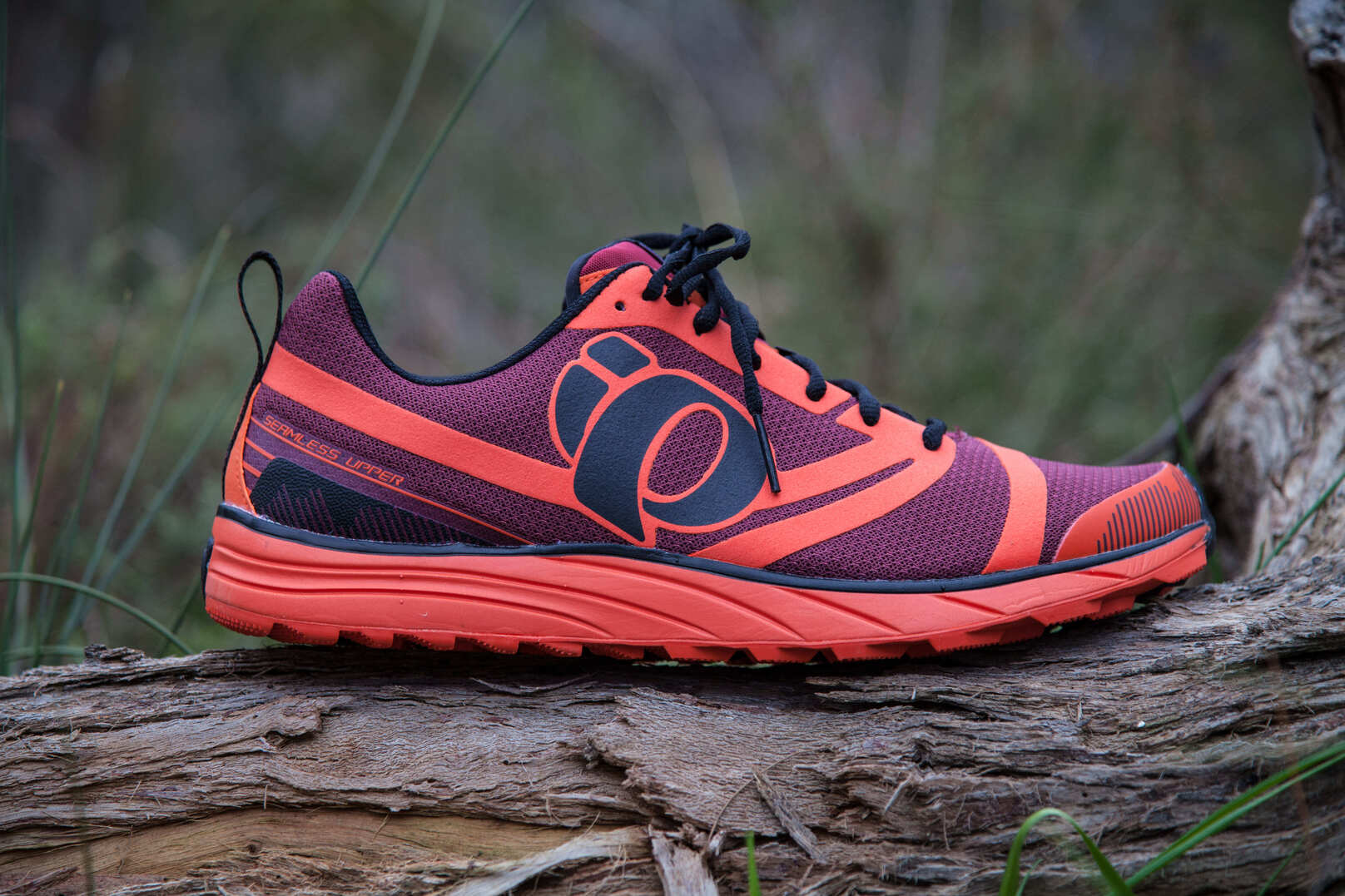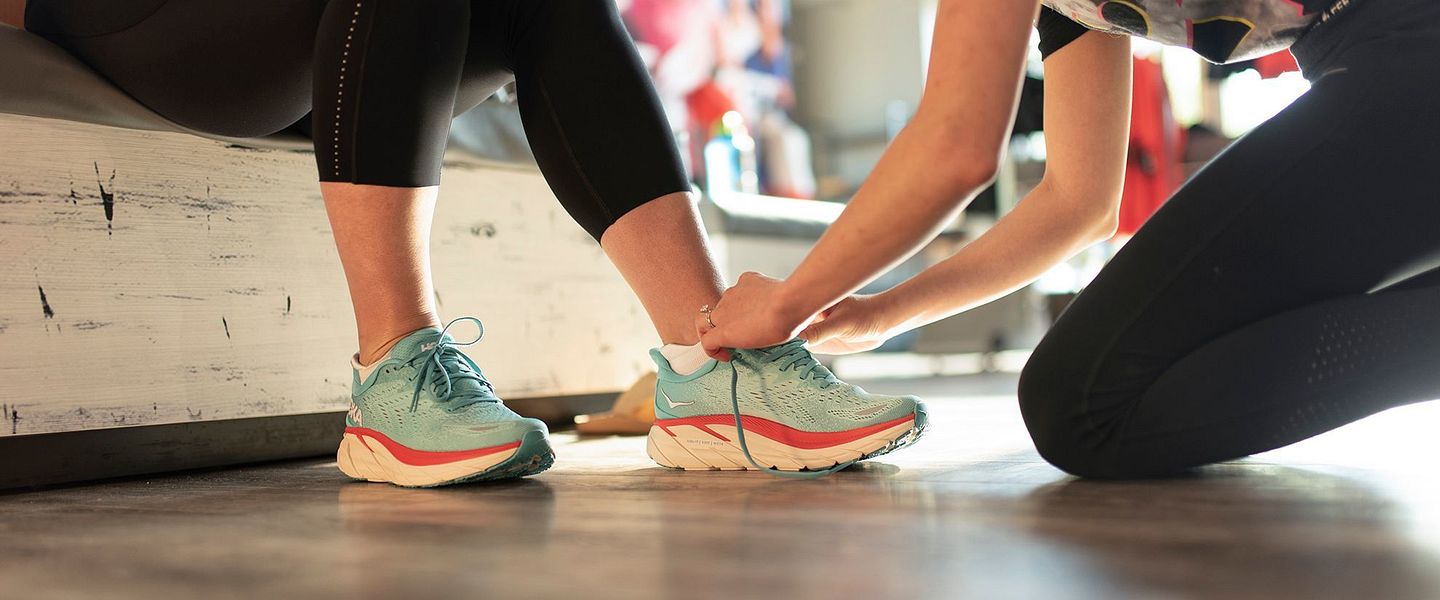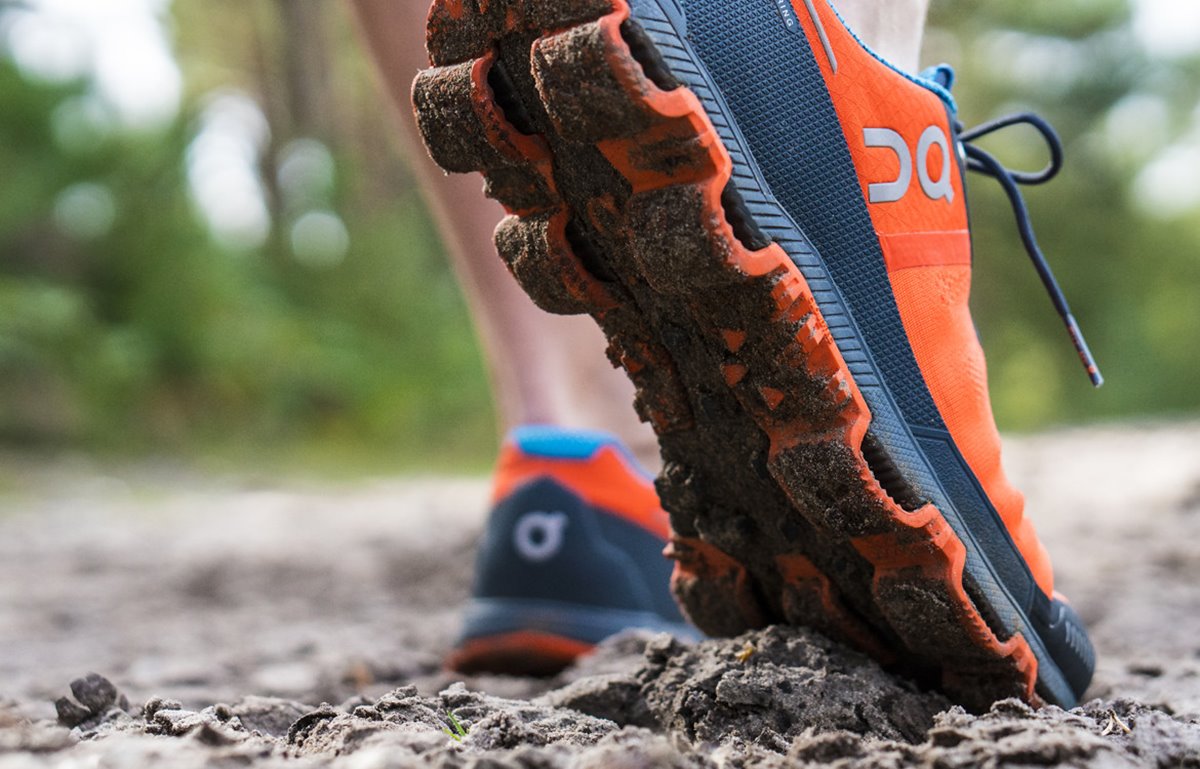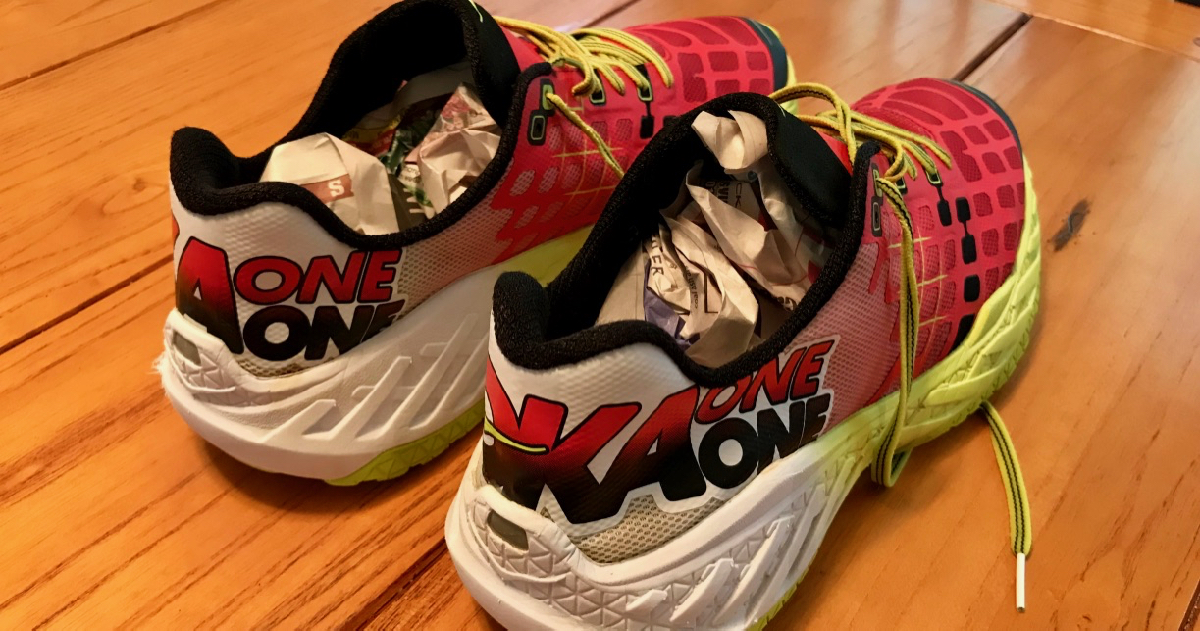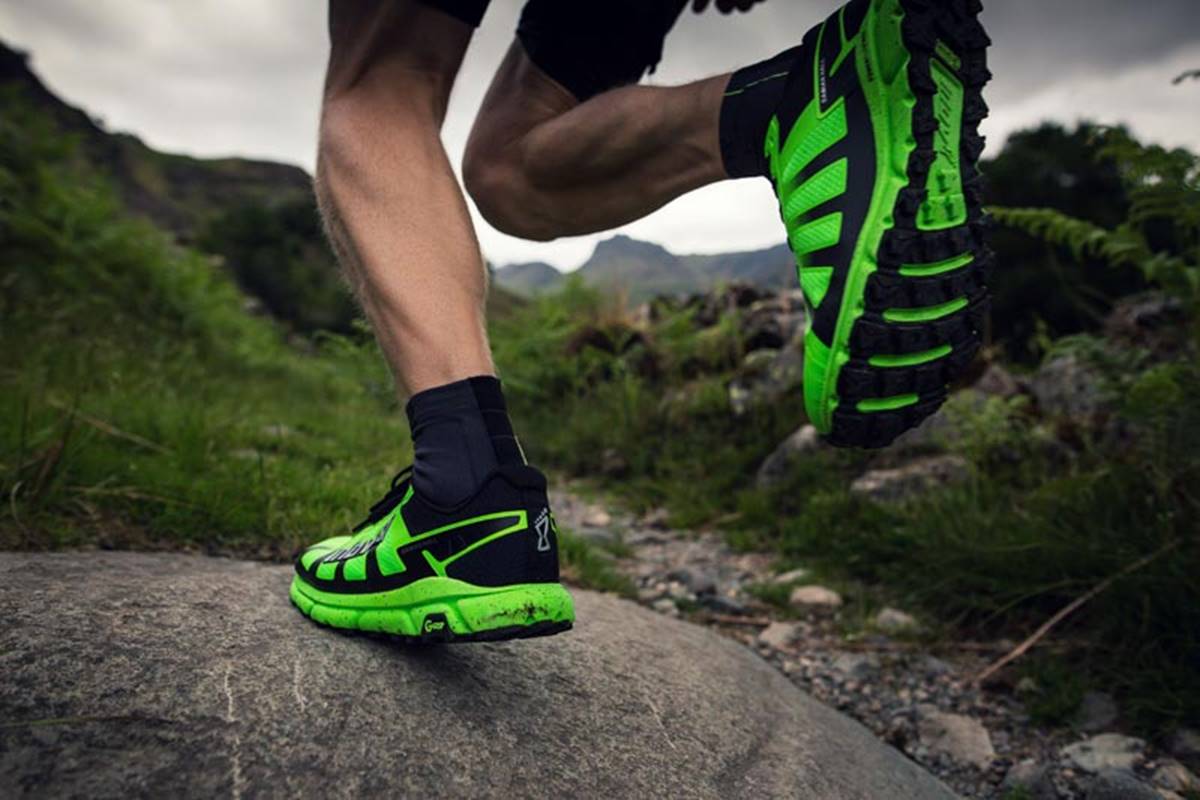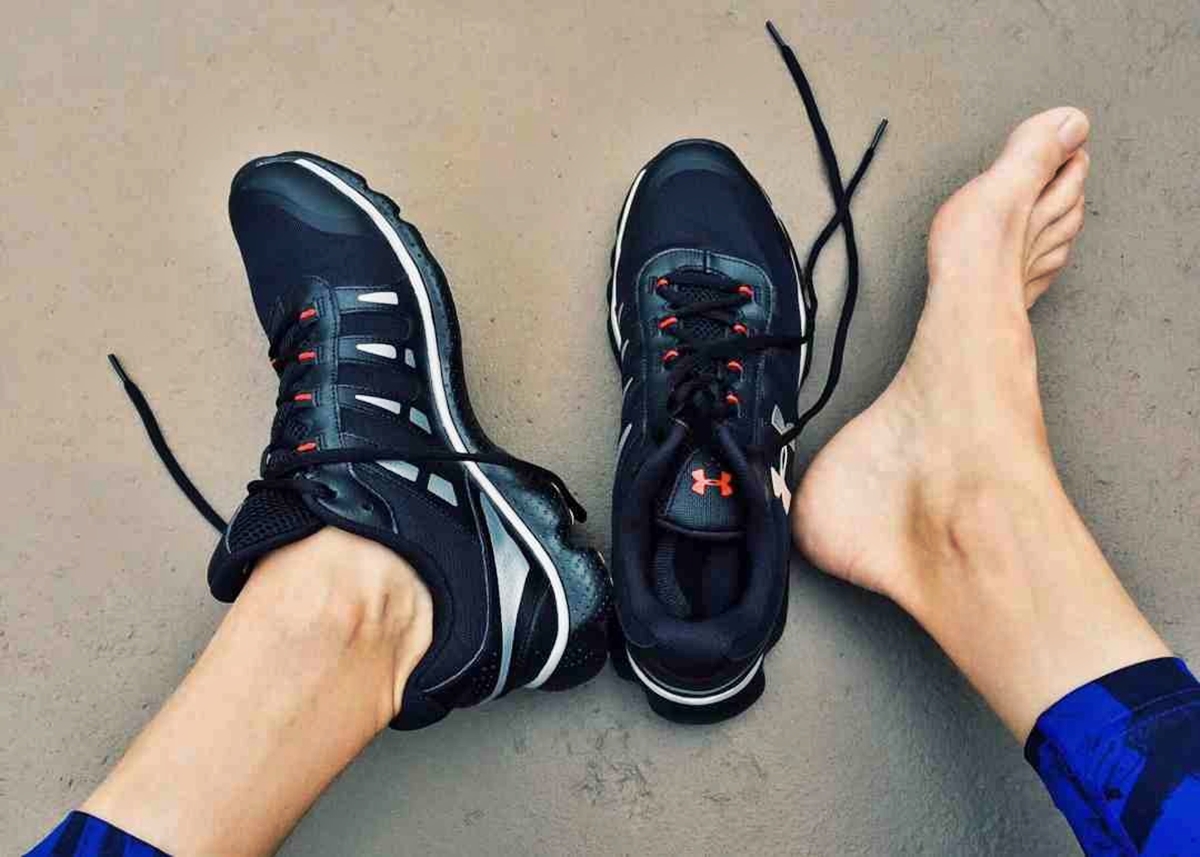Home>Misc>Product Reviews>How Much Are Custom Made Running Shoes
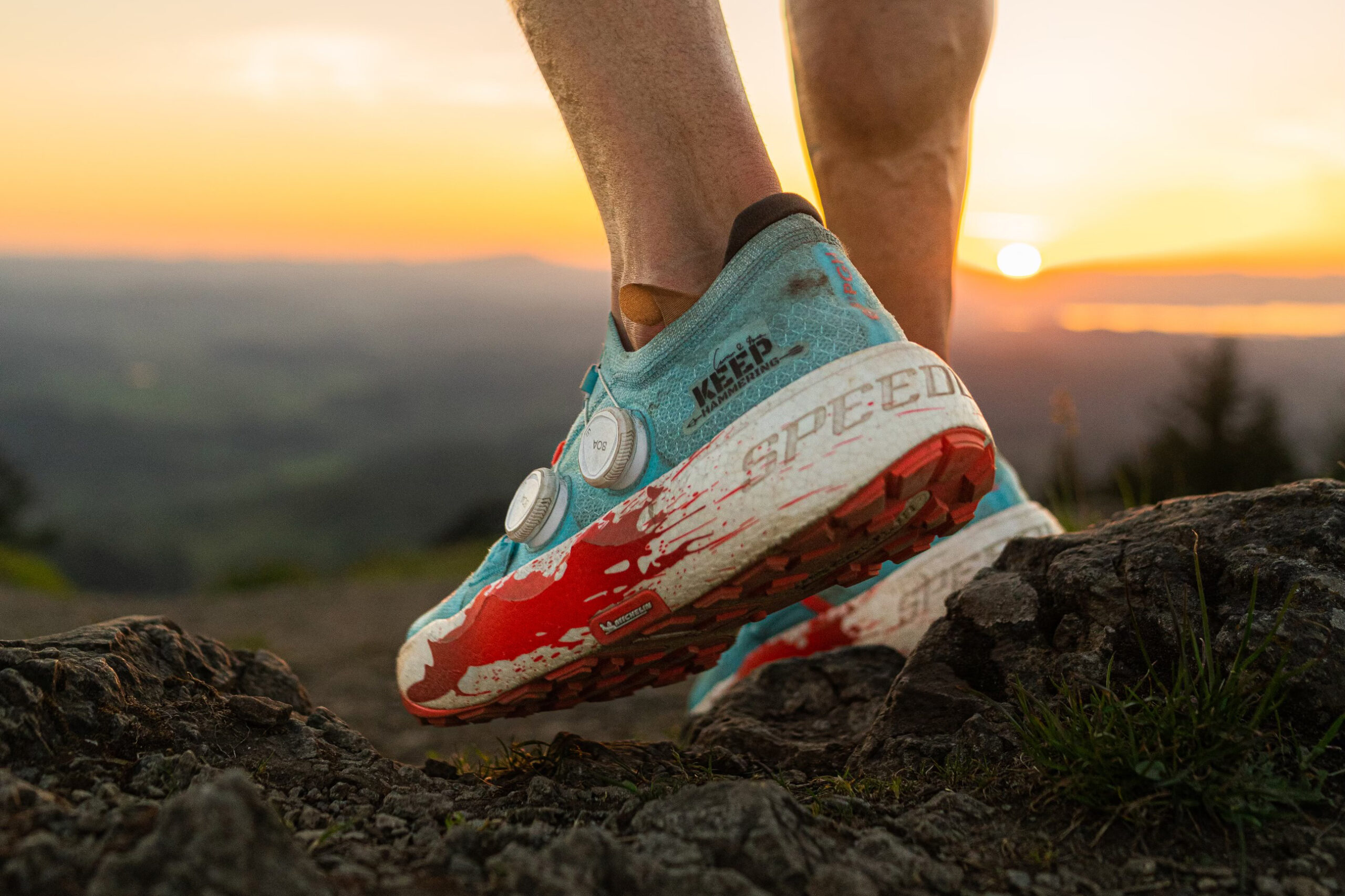

Product Reviews
How Much Are Custom Made Running Shoes
Modified: January 22, 2024
Looking for product reviews on custom made running shoes? Find out how much they cost and make an informed decision on your next running gear purchase.
Introduction
When it comes to running, having the right pair of shoes is essential. While there are countless options available on the market, many runners are opting for custom made running shoes to enhance their performance and comfort. Custom made running shoes are designed specifically for an individual’s unique foot structure, gait, and running style. They offer a personalized fit that can help prevent injuries and improve overall running efficiency.
Custom made running shoes are crafted to provide maximum support, cushioning, and stability, based on the wearer’s specific needs. Unlike mass-produced running shoes that take a one-size-fits-all approach, custom made shoes are created with meticulous attention to detail. They are tailored to the individual’s foot measurements, arch type, and pronation, ensuring optimal alignment and reducing the risk of imbalances or discomfort.
The demand for custom made running shoes has been steadily increasing in recent years, as more runners recognize the benefits of investing in a shoe that is perfectly suited to their unique biomechanics. While the cost of custom made running shoes may initially seem higher than that of off-the-shelf options, the benefits they offer make them a worthwhile investment for serious runners.
In this article, we will explore the factors that affect the cost of custom made running shoes and discuss the materials used and labor costs associated with their production. We will also examine the impact of brand and reputation on the price of custom made shoes, as well as explore the additional customization options and features that can further influence the cost. By the end of this article, you will have a better understanding of the pricing range for custom made running shoes and the benefits they offer over their mass-produced counterparts.
Factors Affecting the Cost of Custom Made Running Shoes
Custom made running shoes are individually handcrafted to meet the specific needs of the wearer. As a result, several factors contribute to the overall cost of these shoes. Understanding these factors can help runners make an informed decision when considering the investment in custom made footwear.
One of the primary factors influencing the cost of custom made running shoes is the complexity of the design. Shoes with intricate patterns, unique color combinations, or special features may require additional time and skill to manufacture, resulting in a higher price. The level of customization also plays a role, as shoes that are tailored to a runner’s specific foot measurements and biomechanics require more precise craftsmanship.
The choice of materials used in the construction of custom made running shoes also impacts their cost. High-quality materials, such as premium leather, advanced synthetic fabrics, or specially engineered cushioning systems, tend to be more expensive. These materials not only offer enhanced durability and performance but also contribute to the overall comfort and fit of the shoes.
The availability and sourcing of materials can also affect the cost of custom made running shoes. If the manufacturer needs to import certain materials or use limited-edition fabrics, the production costs may increase, resulting in a higher price for the end consumer.
Another factor influencing the cost of custom made running shoes is the level of expertise and craftsmanship required. Shoemakers with extensive experience and skill command higher rates for their services. The meticulous process of measuring, fitting, and handcrafting each pair of shoes takes time and precision, and this is reflected in the cost.
Additionally, the reputation and brand of the custom shoemaker can impact the pricing. Well-established brands with a strong reputation for producing high-quality custom shoes often have higher price points. Their expertise, attention to detail, and use of premium materials justify the higher cost.
It is important to note that while the cost of custom made running shoes may be higher compared to mass-produced options, they offer significant benefits and value. The personalized fit and support provided by custom shoes can enhance performance, reduce the risk of injuries, and provide long-lasting durability.
Ultimately, the cost of custom made running shoes is influenced by multiple factors, including design complexity, materials used, craftsmanship, and brand reputation. By understanding these factors, runners can make an informed decision and invest in footwear that not only meets their individual needs but also offers the durability and performance necessary to excel in their running endeavors.
Materials Used in Custom Made Running Shoes
Custom made running shoes are constructed using a range of high-quality materials that are carefully chosen to provide the best performance, comfort, and durability. Unlike mass-produced shoes, which often prioritize cost-cutting measures, custom made shoes prioritize the use of top-notch materials to optimize the runner’s experience.
One of the most commonly used materials in custom made running shoes is high-grade leather. Leather provides excellent breathability, flexibility, and durability. It conforms to the shape of the foot over time, offering a personalized fit that enhances comfort. Additionally, leather is known for its moisture-wicking properties, helping to keep the feet cool and dry during long runs.
Advanced synthetic fabrics are also prevalent in the construction of custom made running shoes. These fabrics are engineered to be lightweight, breathable, and moisture-wicking, ensuring optimal comfort and preventing the accumulation of sweat. They often offer enhanced flexibility and stretch to accommodate the natural movement of the foot.
In the midsole of custom made running shoes, cushioning materials play a crucial role in absorbing impact and providing support. High-quality foam materials, such as ethylene-vinyl acetate (EVA) and polyurethane (PU), are commonly used due to their excellent shock absorption properties. These materials help to reduce the stress on joints and muscles, promoting a more comfortable and efficient running experience.
For added stability and support, custom made running shoes may incorporate various structural elements. These can include carbon fiber plates for enhanced propulsion and energy return, thermoplastic overlays for extra reinforcement, or TPU (thermoplastic polyurethane) shanks to provide rigidity and reduce excessive foot movement. These materials ensure that the shoe offers the necessary support while maintaining a lightweight design.
The outsole of custom made running shoes is typically made of rubber compounds. This provides excellent traction on different surfaces and enhances the shoe’s overall durability. Custom shoemakers may choose different rubber compounds to optimize grip, flexibility, and longevity, depending on the runner’s specific needs.
It’s important to note that custom made running shoes often include a combination of these materials to provide the best balance of comfort, support, and performance. The specific materials used can vary depending on the individual’s preferences, foot structure, and running style.
Overall, the materials used in custom made running shoes are carefully selected to offer the utmost quality, functionality, and comfort. By using premium materials, custom shoemakers ensure that the shoes not only meet the unique needs of each runner but also provide long-lasting durability to withstand the rigors of intense training and extended use.
Labor Costs in Custom Shoemaking
Custom shoemaking is a meticulous and labor-intensive process that involves skilled craftsmanship and attention to detail. The labor costs associated with creating custom made running shoes significantly contribute to their overall price. Unlike mass-produced shoes, which rely on automated manufacturing processes, custom shoemaking requires the expertise of trained professionals who handcraft each pair with precision and care.
One of the primary factors contributing to labor costs is the time and effort required for accurate measurements and fitting. Custom shoemakers spend considerable time measuring the wearer’s feet, analyzing their gait, and assessing specific needs. This data is essential for creating a shoe design that perfectly aligns with the runner’s unique foot structure and biomechanics. The intricacy of this process increases the labor hours involved, which is reflected in the cost of the final product.
The actual construction of custom made running shoes involves a series of skilled tasks that require expertise. Shoemakers meticulously cut and shape the materials, ensuring they fit snugly and comfortably around the foot. They then stitch, glue, and assemble the various parts of the shoe, paying close attention to details such as reinforcing the stress points and securing structural elements. Each step of the production process requires manual dexterity and precision, adding to the labor costs of custom shoemaking.
Furthermore, custom shoemakers often offer additional customization options to meet the specific preferences of the runner. These options can include personalized color choices, custom logos or patterns, and specific features tailored to the runner’s request. Fulfilling these customizations adds extra labor to the process, as the shoemaker must incorporate the desired elements while maintaining the integrity and functionality of the shoe design.
It is worth mentioning that the experience and expertise of the custom shoemaker also contribute to the labor costs. Highly skilled shoemakers with a reputation for excellence tend to charge higher fees for their services. This is due to the specialized knowledge and craftsmanship they bring to the process, ensuring that each pair of custom made running shoes meets the highest standards of quality and performance.
While the labor costs associated with custom shoemaking may be higher compared to mass production, it’s important to recognize the value they provide. Custom made running shoes are crafted with meticulous attention to detail and offer a personalized fit that can help prevent injuries and optimize performance. The investment in skilled labor ensures that the shoes are tailored to the individual’s unique needs and requirements, resulting in a truly customized and superior product.
Brand and Reputation
When it comes to custom made running shoes, the brand and reputation of the shoemaker can have a significant impact on the price. Well-established brands with a strong reputation often command higher prices due to the trust and confidence they have built among customers over time.
A reputable brand in the field of custom shoemaking signifies a commitment to quality, craftsmanship, and customer satisfaction. These brands have invested in research, development, and technology to create innovative designs and manufacturing processes. They have also established a reputation for using high-quality materials and delivering exceptional customer service.
Custom shoemaking brands with a renowned reputation often have a loyal customer base, which allows them to maintain higher prices. This loyalty is built on positive reviews, testimonials, and recommendations from runners who have experienced the benefits of their custom made shoes. When runners are willing to pay a premium for a brand’s product, it reflects the trust and confidence they have in the brand’s ability to deliver a superior running experience.
Furthermore, brands with a strong market presence often invest in marketing and advertising efforts to showcase their expertise and unique selling points. This visibility and brand recognition contribute to their perceived value in the market and can justify the higher price tag attached to their custom made running shoes.
It’s important to note that while brand and reputation can influence the cost of custom made running shoes, they also offer some advantages to the buyer. Established brands often have a wider range of customization options and features available, allowing the runner to create a truly personalized shoe. These brands may also offer warranty or repair services, ensuring the longevity and durability of their products.
However, it’s essential for runners to conduct thorough research and read customer reviews when considering custom shoemaking brands. This helps to ensure that the chosen brand has a track record of delivering superior quality and meeting customer expectations. Additionally, runners should also explore smaller, lesser-known brands that may offer high-quality custom made shoes at a more affordable price point.
Ultimately, the brand and reputation of a custom shoemaker can impact the price of their running shoes. Reputable brands often command higher prices due to their commitment to quality, craftsmanship, and customer satisfaction. However, runners should carefully evaluate the benefits and value that come with a particular brand’s pricing when considering an investment in custom made running shoes.
Additional Customization Options and Features
One of the key advantages of investing in custom made running shoes is the ability to personalize and customize various aspects of the shoe to meet the runner’s specific needs and preferences. Custom shoemakers offer a wide range of additional customization options and features that further enhance the functionality, comfort, and style of the shoes.
One common customization option is the ability to choose the color and material of different shoe components. Runners can select from a wide variety of colors and patterns to match their personal style or team colors. Furthermore, they can opt for premium materials such as suede, mesh, or even exotic leather, to create a truly unique and striking shoe design.
In addition to aesthetics, runners can also customize the level of cushioning and support in their custom made shoes. Custom shoemakers understand the importance of individual foot mechanics and can offer varying degrees of cushioning materials, such as softer or firmer foams, to accommodate different running styles and preferences. This customization allows runners to achieve the optimal balance between comfort and support.
Another crucial customization aspect is the footbed or insole of the shoe. Runners with specific foot conditions or arch support requirements can opt for custom orthotic inserts that provide targeted support and alignment. These inserts can help alleviate discomfort, reduce the risk of injuries, and enhance overall running performance.
Some custom shoemakers also offer customization options for the outsole of the shoe. This includes the choice of different tread patterns and rubber compounds, allowing runners to cater to their specific running surfaces and weather conditions. Customizing the outsole can provide better traction, grip, and durability, enhancing the overall performance and safety of the shoe.
Runners who require specific functional features can also find customization options to suit their needs. This can include features like water-resistant coatings for those who frequently run in wet conditions or reflective materials for increased visibility during nighttime runs. Additional features such as reinforced toe caps, breathable mesh panels, or specialized lacing systems can also be incorporated into custom made shoes based on the runner’s requirements.
It is important to discuss these additional customization options and features with the custom shoemaker during the ordering process. By clearly communicating preferences and specific needs, runners can create a truly customized shoe that caters to their unique requirements.
Customization options and features contribute to the overall cost of the custom made running shoes. The level of complexity and the materials required for the chosen customizations can increase the price. However, these options add value by providing runners with a shoe that meets their specific needs, making the investment in custom made shoes even more worthwhile.
Pricing Range for Custom Made Running Shoes
The price range for custom made running shoes can vary considerably depending on several factors, including the brand, materials used, level of customization, and reputation of the custom shoemaker. While custom shoes may have a higher initial cost compared to mass-produced options, the benefits they offer make them a worthwhile investment for serious runners.
On average, the price of custom made running shoes can range from $200 to $600 or more. This range is influenced by the complexity of the design and the level of customization. Shoes with intricate patterns, unique color combinations, and special features tend to have a higher price tag. Additionally, the use of high-quality materials, advanced cushioning systems, and specialized components can further contribute to the cost.
The reputation and brand of the custom shoemaker also play a role in pricing. Well-established brands with a strong reputation often command higher prices due to their expertise, quality craftsmanship, and commitment to customer satisfaction. The additional value and benefits associated with these brands justify the higher price point for many runners.
Furthermore, individual preferences and customization options can add to the final cost of custom made running shoes. Runners who opt for premium materials, personalized color schemes, or specific functional features should expect a higher price range. Additionally, the inclusion of custom orthotic inserts or specialized outsole components can also increase the overall cost.
It is important to note that the pricing for custom made running shoes is not solely based on brand name or reputation. Factors such as the labor costs associated with measurements, fitting, and handcrafting each pair also contribute to the final price. The expertise and skill required for custom shoemaking justify the higher labor fee, resulting in a quality product that is tailored to the individual’s foot structure and running style.
While the price range for custom made running shoes may seem higher compared to mass-produced options, it is essential to consider the long-term benefits. Custom made shoes offer a personalized fit, enhanced support, and improved performance. They can help prevent injuries, reduce discomfort, and provide durability, resulting in a more enjoyable and successful running experience.
Ultimately, when considering the pricing range for custom made running shoes, it is important for runners to balance their budget with the benefits and value offered by the shoe. Investing in shoes that are tailored to their unique needs and preferences can significantly improve running performance and reduce the risk of injury in the long run.
Benefits of Investing in Custom Made Running Shoes
Investing in custom made running shoes offers a range of benefits that can greatly enhance a runner’s performance, comfort, and overall running experience. While the initial cost may be higher compared to mass-produced options, the advantages provided by custom made shoes make them a worthwhile investment for serious runners.
One of the primary benefits of custom made running shoes is the personalized fit they offer. Custom shoemakers take precise measurements of the runner’s feet and analyze their biomechanics to create a shoe that is tailored to their specific needs. This customized fit minimizes the risk of discomfort, blisters, and hot spots, and ensures optimal alignment and support throughout the entire gait cycle.
Additionally, custom made running shoes can help prevent injuries. The tailored design takes into account the runner’s foot structure, arch type, and pronation. This helps to provide the necessary support and stability, reducing the risk of overpronation, underpronation, or excessive foot movement. By promoting proper alignment and reducing stress on the joints and muscles, custom shoes can help prevent common running injuries such as plantar fasciitis, shin splints, and knee pain.
Custom made running shoes also offer improved performance. The personalized fit and support they provide enhance running efficiency by optimizing stride and reducing energy loss. The choice of materials and cushioning systems can improve shock absorption, increasing energy return and propulsion. This leads to a more comfortable and efficient running experience, allowing runners to achieve their performance goals.
Durability is another benefit of custom made running shoes. Custom shoemakers often use high-quality materials and employ excellent craftsmanship to ensure the longevity of their products. The use of premium materials and reinforced construction techniques results in shoes that can withstand the demands of intensive training and extended use, providing runners with long-lasting durability and value for their investment.
Furthermore, custom made running shoes offer greater control over the shoe’s design and aesthetics. Runners can choose from various color options, patterns, and materials, allowing them to express their unique style and preferences. This level of customization not only enhances the visual appeal of the shoe but also allows runners to have a shoe that truly reflects their personality and identity.
Overall, the benefits of investing in custom made running shoes extend beyond just a comfortable fit. They offer personalized support, injury prevention, improved performance, durability, and customization options. By investing in custom made shoes, runners can optimize their running experience and enjoy the advantages of a shoe tailored specifically to their unique foot structure, gait, and running style.
Conclusion
Custom made running shoes provide a host of benefits that can greatly enhance a runner’s performance, comfort, and overall running experience. While they may have a higher price tag compared to mass-produced options, the investment in custom made shoes proves to be worthwhile for serious runners.
The personalized fit offered by custom made running shoes ensures optimal alignment and support based on an individual’s unique foot structure and running biomechanics. This personalized fit helps prevent discomfort, blisters, and injuries, allowing runners to focus on their training and enjoy a pain-free running experience.
Moreover, the customized design of these shoes helps prevent common running injuries such as plantar fasciitis, shin splints, and knee pain. The tailored support and stability reduce the risk of overpronation, underpronation, and excessive foot movement, promoting proper alignment and reducing strain on the joints and muscles.
Custom made running shoes also contribute to improved performance. The personalized fit, cushioning, and materials optimize energy return, stride efficiency, and shock absorption. With a custom shoe, runners can achieve their performance goals, whether it’s setting a personal best in a race or running long distances comfortably.
Durability is another advantage of custom made running shoes. By using high-quality materials and employing craftsmanship, custom shoemakers create shoes that can withstand the demands of intensive training and extended use. This ensures that the shoes offer long-lasting durability and value to the runner.
Additionally, custom made running shoes offer a level of customization not found in mass-produced options. Runners can choose from a variety of colors, patterns, and materials, allowing them to express their individuality and style. This customization adds a personal touch to the shoe and enhances the overall running experience.
In conclusion, custom made running shoes deliver a multitude of benefits. They offer a personalized fit, injury prevention, improved performance, durability, and customization options. The investment in custom made shoes allows runners to optimize their running experience and enjoy the advantages of shoes tailored specifically to their unique needs. By considering factors such as the brand, materials, additional customization options, and pricing, runners can make an informed decision when investing in custom made running shoes, ultimately reaping the rewards of a comfortable and high-performing shoe on their running journeys.
